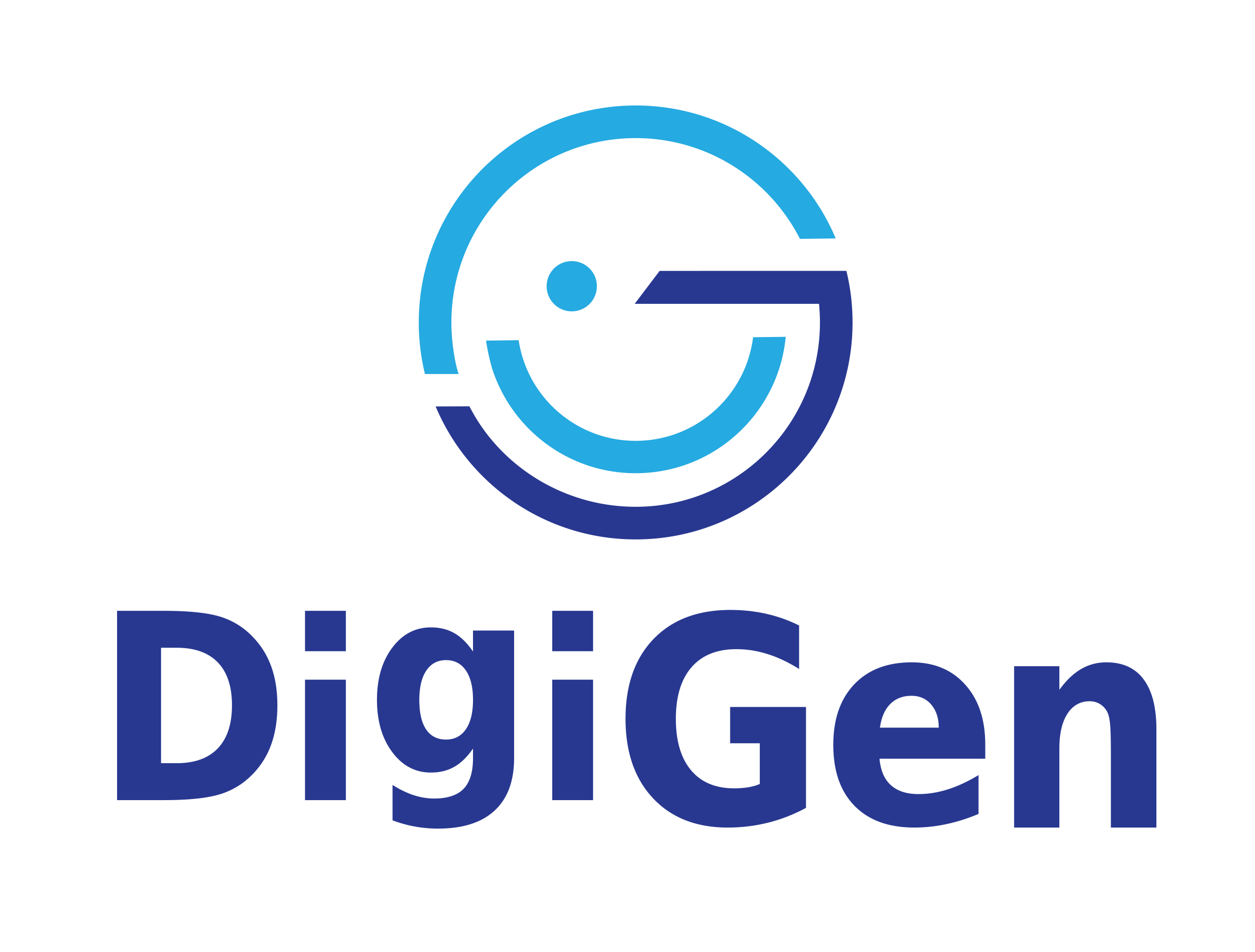By Dr. Olaf Kapella, senior researcher and project coordinator at the Austrian Institute for Family Studies (AIF) at the University of Vienna
Most of the children in Europe live in media-rich households with access to a variety of different devices (including computers, tablets, smartphones, smart loudspeakers and others), which they use from an early age on. The tablet is the preferred digital device of young children they use it to relax or for entertainment, such as watching videos. The older the children become, the more time they spend on a variety of different digital activities. This omnipresence of ICT at home shapes the lives of children and young people and thus also affects family dynamics. Digital technologies are part of ‘doing family’ on a daily basis. The term ‘doing family’ expresses the fact that family life is nothing static but is reproduced by each family member and their mutual interactions in every single moment of family life. ICT, for example, is essential for joint family activities and helps to create a sense of ‘we-ness’ that in turn supports family cohesion and is one way of ‘doing family’.
In the DigiGen project, work package 3 will take a closer look at children’s ICT use at home. These investigations cover the family member’s solitary technology use but also family’s joint ICT activities will be examined. More specifically, we will assess how the everyday lives of European families are shaped due to technological transformations by analysing, their access to technologies, the devices the family members use for digital activities and negotiations within families in terms of technology use and outcomes. Addressing families, we acknowledge the diversity and the reality of families in Europe today and perceive family as an exclusive solidarity unit of two or more people. In this sense, family members are defined as individuals who share goals and values, have a long-term commitment to one another, take responsibility for each other and often reside in the same home. Applying this concept of family, different exemplary family forms include, two biological parents with children, single-parent families, same-sex parent families, patchwork families as well as adoptive families, foster families and others. Another key aspect of the DigiGen project is that children are perceived as competent and active actors, not only in their development but also in shaping social and family relationships. They are active in the construction and determination of their own lives, which means that they are co-constructors of childhood and society.
As a central starting point for the work in work package 3, we wrote a working paper [1], aiming to give an overview on the role of ICT for the whole family, as well as the life of its individual family members (e.g. children and parents). One main finding of this literature review is that, on the one hand, digital technologies offer unique opportunities: Digital technologies support doing family on a daily basis, assist the creation and maintenance of new and existing relationships, help and support children in the development of their identity and skills – including a variety of digital competencies children and young people need to navigate and protect themselves and other in the digital world. On the other hand, children as well as adults, also face online risks and challenges. Possible online risks include exposure to harmful content, privacy abuse or experiences of violence and discrimination.
The research design of work package 3 targets 5 to 6 year-old and 9 to 10-year-old children and their families. We will conduct focus groups and individual interviews with children and family members. Methodically, working with young children yields quite a few challenges for the researches. For example, the researchers need to assure that every child is given the possibility to participate in the research settings and children need to be seen as first-hand designers in the development of any novel ‘child-friendly’ data collection. Therefore, appropriate research methods and techniques that support children in the expression of themselves and allow the researcher to understand the children’s explanations are crucial.
Families, other social and educational institutions, family and children’s support services, research, and politics, in general, face the challenge to protect and guide children’s online behavior to enable them to make use of the multilevel opportunities and also support their wellbeing and protect them from harmful and risky experiences. With its findings, DigiGen aims to support all these players in their supportive work. The more children use ICT, the more ICT skills and competencies they are able to acquire. But, during this process children still need support and mediation from parents and the society – including the before mentioned institutions – to promote digital competencies and strengthen the resilience of children and young people.
[1] Lorenz, T. & Kapella, O. (2020). Children’s ICT use and its impact on family life (DigiGen working paper series No. 1). doi: 10.6084/m9.figshare.12587975.v1

